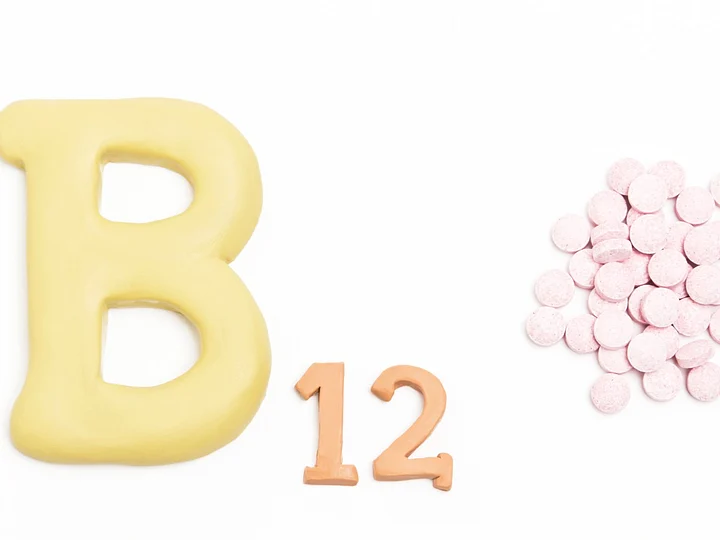Vitamin B12 is among the most important nutrients required by our body. However, it cannot be produced by our bodies, and we can get this nutrient only through supplements and diet.
People who generally suffer from vitamin B12 deficiency are vegetarians, pregnant, or nursing women. They should keep a track of their diets closely to make sure they're getting enough nutrients.
According to US NIH, vitamin B12 helps keep your body's blood and nerve cells healthy and helps make DNA and genetic material in all of your cells. Vitamin B12 also prevents megaloblastic anemia, a blood condition that makes people tired and weak.
Beef
Beef is an excellent source of vitamin B12.
According to FoodData Central, one grilled flat iron steak (190 grams) provides 467% of the daily required vitamin B12.
The amount of steak contains reasonable amounts of vitamins B2, B3, and B6, and more than 100% of the required daily intake of selenium and zinc.
You can choose low-fat cuts of meat and can choose to grill or roast it instead of frying it for higher amounts of vitamin B12.
Fortified Cereals
According to US NIH, fortified cereals are rich in vitamin B12 which works well for vegetarians and vegans since it's prepared synthetically and not derived from animal sources.
Fortified cereals can be a good source of B vitamins, especially B12. Food fortification is a process of adding nutrients that the food does not contain originally.
One cup of fortified cereal packs 29 percent of the daily required value for vitamin B6 and good amounts of vitamin A, folate, and iron.
Research shows that regular consumption of fortified cereals helps increase vitamin B12 concentrations.
Tuna
Tuna is a commonly consumed fish and is a great source of nutrients like protein, vitamins, and minerals. It also has high concentrations of vitamin B12. The parts right beneath the skin, in the muscles known as dark muscles, contain the highest amount of vitamin B 12.
According to FoodData Central, 3.5-ounce (100-gram) of cooked tuna contains 453% of the daily required value the vitamin, a good amount of lean protein, phosphorus, selenium, and vitamins A and B3.
Milk & Dairy Products
Milk and dairy products, like yogurt and cheese, are rich in protein, several vitamins, and minerals, including vitamin B12.
According to PubMed, one cup (240 ml) of whole milk supplies 46 percent of the Daily Required Value for vitamin B12.
Cheese is also a rich source of vitamin B12 and one large slice (22 grams) of Swiss cheese contains 28 percent of the daily required value of the vitamin.
Full-fat plain yogurt is also a decent source of vitamin B 12. It helps improve vitamin B12 levels in people who are deficient in this vitamin.
Research proves that our body absorbs the vitamin B12 in milk and dairy products better than the vitamin B12 in beef, fish, or eggs.
Eggs
Eggs are a great source of complete protein and vitamins, especially B2 and B12. Two large eggs provide 46 percent of the required vitamin B12, and 39 percent of the DV for vitamin B2.
Research proves that egg yolks have higher levels of vitamin B12 than egg whites and the B12 in egg yolks is easily absorbed by the body.
(At The Quint, we question everything. Play an active role in shaping our journalism by becoming a member today.)
